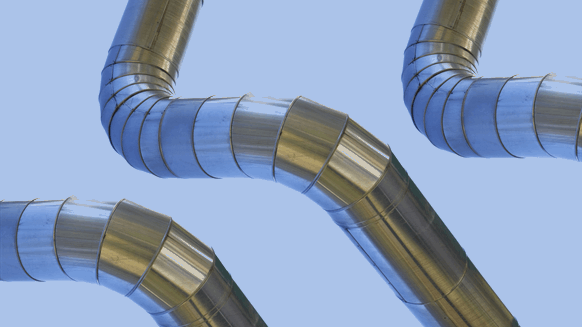ADNOC and the National Central Cooling Company (Tabreed) have completed testing of two geothermal wells in Masdar City in Abu Dhabi.
This, according to ADNOC’s press release, is a breakthrough for the first project in the Gulf region to harness geothermal energy.
The flagship project is planned to decarbonise the cooling of Masdar City buildings, further diversify the UAE’s energy mix and support the UAE’s National Energy Strategy 2050, which aims to increase renewable energy capacity to 14 GW by 2030, the company said.
The project is enabled by ADNOC’s initial allocation of $15 billion towards low carbon solutions and will support its decarbonisation plan and 2045 net zero ambition as well as climate change strategy of Abu Dhabi and the UAE’s Net Zero 2050 strategic initiative, ADNOC noted.
The wells produced hot water at temperatures above 90 degrees Celsius (oC) and flows of approximately 100 liters per second, according to ADNOC. The hot water generated by the heat from the wells will now pass through an absorption cooling system to produce chilled water, which will then be supplied to the Tabreed district cooling network in Masdar City, which accounts for 10 percent of its cooling needs, ADNOC said.
“Through ADNOC, we are developing and deploying innovative climate technologies and low carbon solutions to meet our accelerated decarbonisation plan and net zero ambition by 2045. Geothermal heat is an abundant clean and renewable energy source available in the UAE and capable of providing baseload electricity. However, until now, it has remained an untapped energy source,” said Musabbeh Al Kaabi, ADNOC’s Executive Director for Low Carbon Solutions and Growth international “Taking advantage of technological advances, for the first time ADNOC and Tabreed have unlocked this source of clean energy to decarbonize one of the country’s most energy-intensive sectors.”
Building cooling currently accounts for the majority of the UAE’s electricity consumption, ADNOC said, adding that district cooling offers a sustainable alternative to traditional cooling methods as it is around 50 per cent more energy efficient in its standard operations. Harnessing geothermal heat for district cooling operations has the potential to significantly reduce electricity demand for cooling from the grid, helping to decarbonise one of the region’s most energy-intensive sectors, ADNOC said.
“The integration of geothermal energy with district cooling operations represents a significant advance in the UAE’s journey towards diversifying its energy mix and achieving net zero by 2050. We are proud of our partnership with ADNOC to accelerate our decarbonisation efforts ahead of COP28, which also underlines our commitment to explore the latest technologies and harness the power of renewables to meet the growing demand for sustainable cooling,” added Khalid Al Marzooqi , CEO of Tabreed.
ADNOC said it is also working with various companies to maximize the contribution of geothermal energy in the UAE through the latest drilling and power generation technologies.
To contact the author, please email andreson.n.paul@gmail.com


